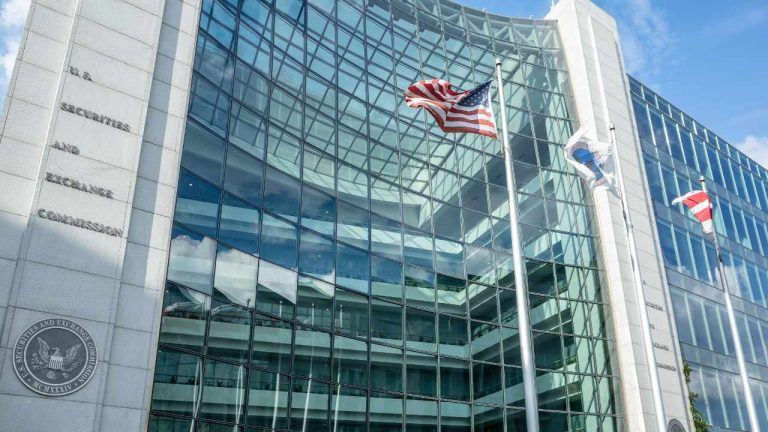Senators updated their crypto market structure proposal at the end of the week, introducing language that makes clear how tokenized securities should be treated.
The update ensures that stocks and similar instruments do not lose their legal classification once issued on a blockchain. For companies building tokenization platforms, this distinction matters because it keeps tokenized equities firmly within the securities framework, aligning them with existing trading and clearing systems instead of creating jurisdictional uncertainty.
Bill Targets Year-End Approval
Senator Cynthia Lummis of Wyoming, who co-authors the legislation, said she wants the bill to land on the president’s desk before 2026 begins. She expects Senate committees to split the review over the next two months: the Banking Committee will handle provisions tied to the Securities and Exchange Commission, while the Agriculture Committee will weigh Commodity Futures Trading Commission oversight. If both advance as planned, a full Senate vote could arrive in November.
At the heart of the Responsible Financial Innovation Act is the long-debated question of which regulator should oversee which digital assets. The bill attempts to create a clearer boundary by carving out SEC authority over securities and giving the CFTC more explicit power over commodities. While Republicans have largely rallied behind the proposal, Democrats have not yet formally signed on, though backroom negotiations continue to seek bipartisan agreement.
Industry Wants More Than Clarity
Even as lawmakers debate, industry leaders are pressing for additional safeguards. Last month, a coalition of more than 100 firms—including Coinbase, Ripple, Kraken, a16z and Uniswap Labs—urged senators to explicitly protect software developers and providers of non-custodial services. They argue that outdated rules risk treating coders like financial intermediaries, discouraging innovation on U.S. soil.
Their concerns are backed by data from Electric Capital showing the nation’s share of blockchain developers has already dropped sharply, from a quarter of the global total in 2021 to less than one-fifth this year. Supporters of reform warn that without modernized laws, the U.S. could lose further ground in the race to build the next generation of financial infrastructure.
The information provided in this article is for informational purposes only and does not constitute financial, investment, or trading advice. Coindoo.com does not endorse or recommend any specific investment strategy or cryptocurrency. Always conduct your own research and consult with a licensed financial advisor before making any investment decisions.
The post Crypto Industry Pressures Lawmakers as U.S. Bill Advances appeared first on Coindoo.















 Bengali (Bangladesh) ·
Bengali (Bangladesh) ·  English (United States) ·
English (United States) ·